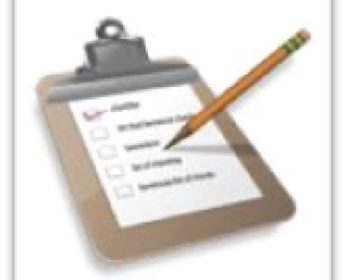 The agreement process includes a conversation, providing a copy of the written agreement, discussing the agreement and answering questions, then finally signing the agreement. All of this occurs before beginning a coaching engagement. The agreement process provides for transparency each step of the way. On top of that, the agreement itself is transparent about the roles of the coach and the client, ethics, confidentiality, pricing, scheduling, boundaries, and more.
The agreement process includes a conversation, providing a copy of the written agreement, discussing the agreement and answering questions, then finally signing the agreement. All of this occurs before beginning a coaching engagement. The agreement process provides for transparency each step of the way. On top of that, the agreement itself is transparent about the roles of the coach and the client, ethics, confidentiality, pricing, scheduling, boundaries, and more.
Clauses from agreements may include:
• A Coach is not an attorney, an accountant, nor a mental health professional, and does not give advice; legal, financial, or other. Coach and client agree that the coach may share examples for perspective, and the client makes all choices and decisions for them self.
• The Coach and the Client recognize that the purpose of the Coaching relationship and process is for the Client to explore their goals and create significant change based on Client choice.
• Coaching begins with a three month commitment, after which the client and coach choose whether to continue on a month-by-month basis or plan periodic coaching sessions.
• Because a Coach is not an attorney, an accountant, nor a mental health professional, the Coach does not give advice — legal, financial, or other. Coach and client agree that the coach may share examples for perspective, and the client makes all choices and decisions for them self. Coach is a member of ICF and the Code of Ethics is on their website at http://coachfederation.org/about/ethics.aspx?ItemNumber=854
The transparency in each of these clauses defines parameters and is foundational for trust in a coaching relationship.





